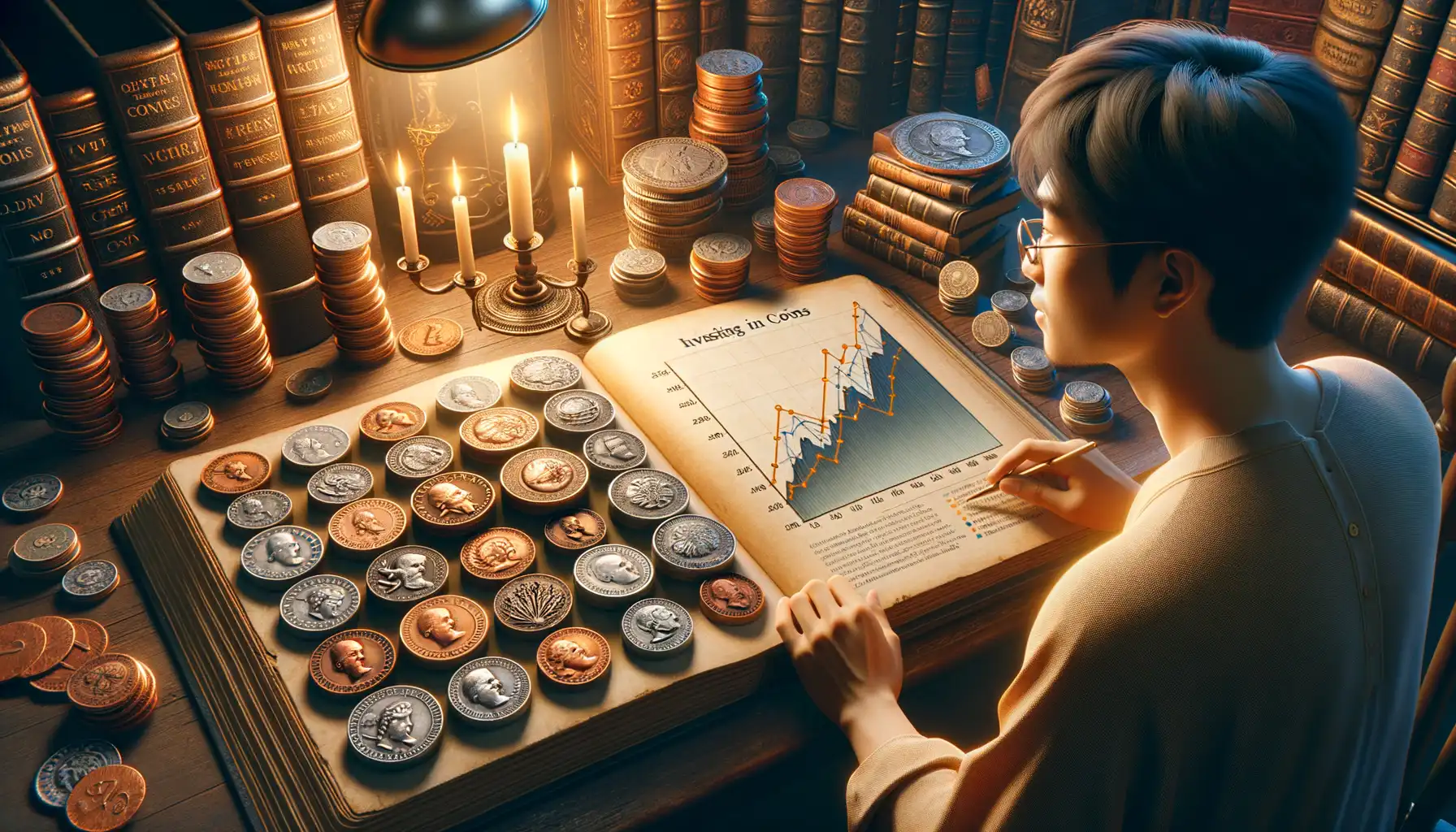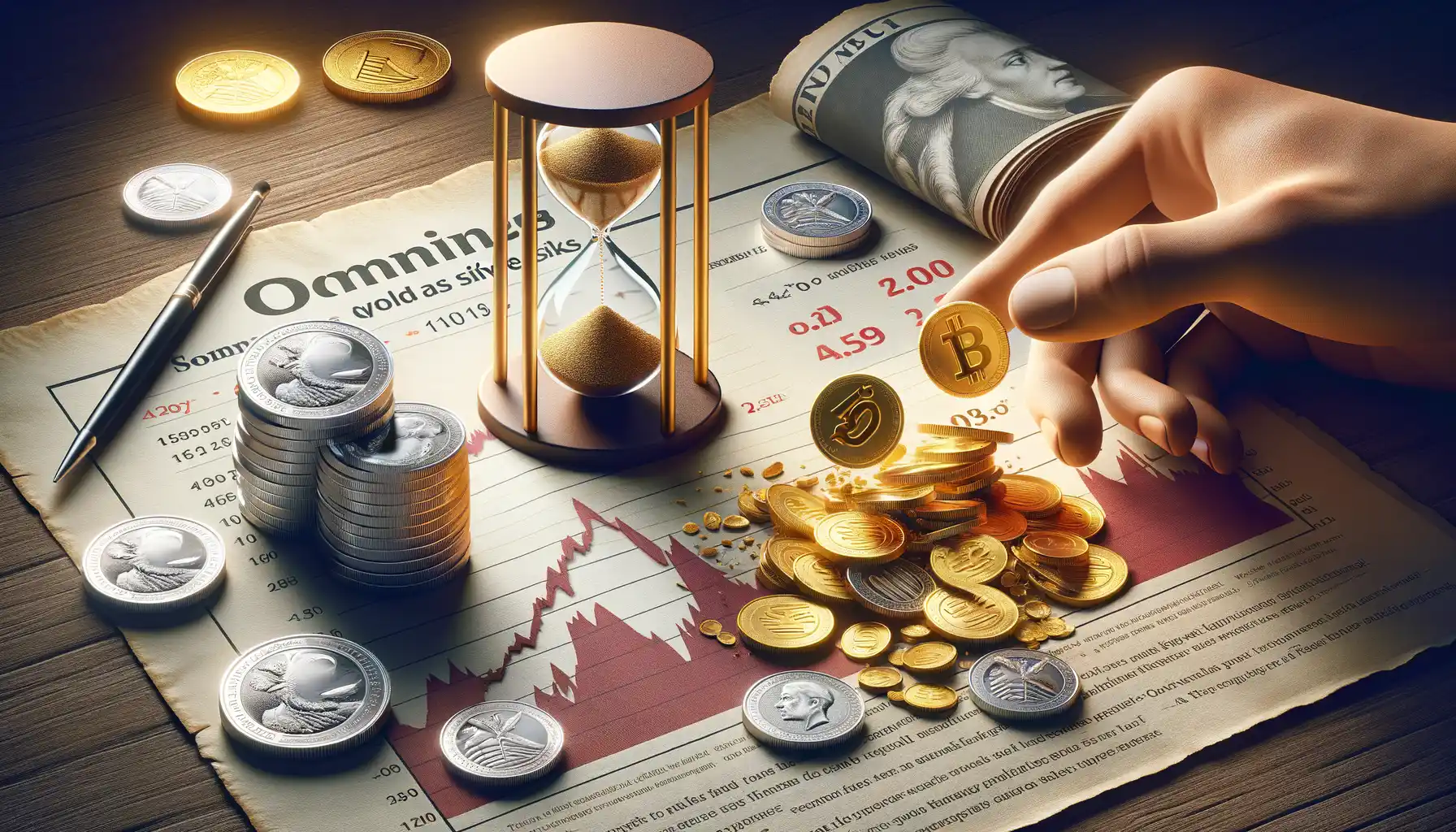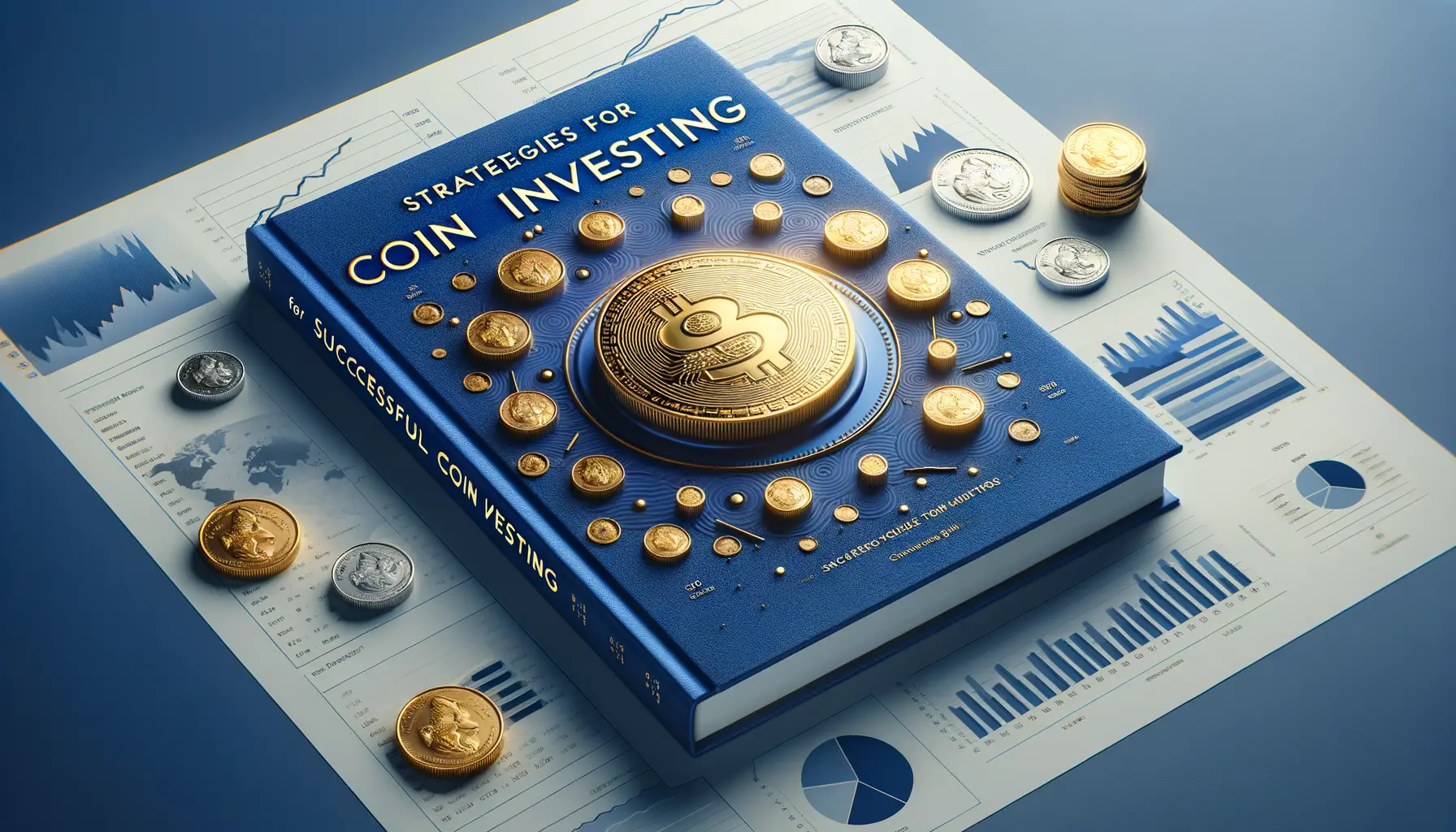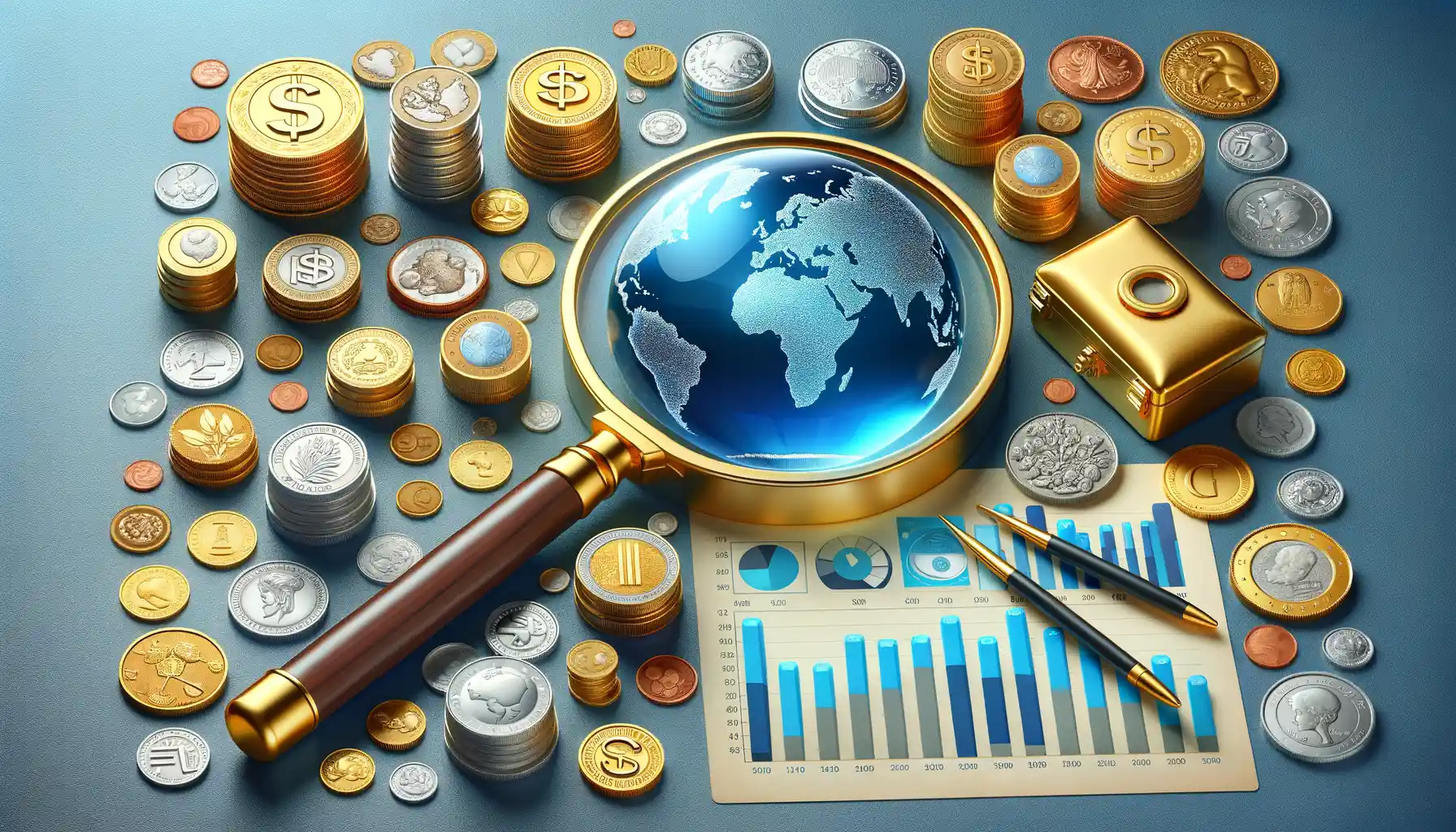Understanding Coin Collecting as an Investment
Diving into the Appeal of Coin Collecting as Wealth
Picture this: a glint of gold or silver in your palm, a piece of history that feels alive. Coin collecting is more than a hobby—it’s an adventure where passion meets profit. Whether it’s a rare 19th-century penny or an exquisitely crafted modern bullion coin, each addition to your collection holds a story…and potential financial growth.
So, what’s drawing people to this fascinating world? For starters, coins aren’t just money; they’re time travelers. They carry the fingerprints of empires, revolutions, and economic leaps forward. And for investors, the best part is their resilience. Unlike stocks that can crash overnight, the value of rare and collectible coins often remains stable—or even climbs—when markets wobble.
Take, for example, the legendary 1933 Double Eagle. Once illegally held by private collectors, it sold at auction for over $7 million! Could your next find be a jackpot like that? Only one way to find out.
Advantages of Investing in Coins

Why Coins Can Be a Treasure Trove
Investing in coins isn’t just about stacking shiny discs in a vault; it’s about holding pieces of history, culture, and craftsmanship right in the palm of your hand. Unlike stocks or real estate, which can sometimes feel cold and impersonal, coins tell stories. Imagine owning an 18th-century gold sovereign—you’re not just holding an object, you’re holding a tangible vestige of the past. That connection, that emotional charge, is something truly unique.
And here’s where it gets even better: coin collecting can be surprisingly practical. Coins are a portable store of wealth, making them ideal for globetrotters or anyone wary of banking systems. Plus, some rare coins, like the historical U.S. Morgan dollars or ancient Roman denarii, have skyrocketed in value as collectors hunt them like prized jewels.
- Tangible Asset: Coins aren’t tied to companies or governments—they’re yours, no matter what.
- Diversification Power: They provide a safety net for your portfolio when markets wobble.
It’s not just an investment—it’s a journey through time, art, and global intrigue.
Potential Risks and Disadvantages of Coin Investments

Volatility: Coins Aren’t Always Gold Mines
Investing in coins might sound like a treasure hunt, but the path can be scattered with risks. One major pitfall? Market volatility. Coin values don’t always shine; they fluctuate like waves in an unpredictable sea. For example, a coin that skyrockets in demand today could lose its luster tomorrow if collectors lose interest or the industry shifts focus to another niche.
Think about it: unlike stocks or bonds, coins don’t pay dividends or offer clear financial benefits over time. You’re banking on collectors’ whims and market moods. Feeling uneasy yet? That’s reality knocking.
On top of that, beware of counterfeits. The world of rare coins isn’t all glitter and authenticity. Scammers are ready to pounce on unsuspecting buyers, passing off fakes as genuine treasures. Without expert knowledge or professional appraisals, you risk sinking money into worthless metal.
- Fluctuating demand could make your “valuable” coin unsellable.
- You may overpay if you buy unverified or misgraded coins.
- Storage costs can eat into your profits while keeping coins safe from damage.
Liquidity: Selling Isn’t Always Smooth Sailing
Here’s the kicker: even if you own a goldmine of coins, finding a buyer willing to pay top dollar isn’t guaranteed. Coins aren’t like cash under your mattress—they aren’t instantly liquid. A prized 19th-century silver dollar could take weeks—or months—to sell, forcing you to sit tight when you need quick cash.
And let’s not forget transaction costs. Auction house commissions, grading fees, and dealer markups add up, chipping away at your profit margins. Picture this: you bought a rare coin for $5,000, but after fees and a competitive auction, your actual profit trails way behind your expectations. Ouch!
Before diving headfirst into this shiny world, don’t forget that sometimes, even sparkly treasures come with hidden baggage.
Strategies for Successful Coin Investing

Find Your Treasure Map
Investing in coins isn’t just about stashing away a pile of metal; it’s about strategy, foresight, and a touch of detective work. Imagine yourself as a treasure hunter, with each coin telling part of the story—but first, you’ll need a map. The key? Research! Before diving headfirst into the numismatic world, study markets, trends, and—here’s the kicker—history. Does that gold double-eagle have a tale to tell? How about those pre-1965 U.S. silver dimes? Coins tied to significant events or rare minting errors often hide the real gems for investors.
Pitfalls to Dodge and Gems to Spot
As thrilling as it sounds, coin investing comes with its own traps. To avoid sinking your treasure ship, consider these strategies:
- Stick to reputable dealers: Avoid flashy ads promising “once-in-a-lifetime” deals. If it seems too good to be true, it probably is.
- Grade matters! A coin in pristine condition (called “mint state”) can be worth dramatically more than a worn counterpart.
- Diversify your collection: Don’t put all your eggs—or coins—in one basket. Spread investments across different eras, metals, and values.
Lastly—and this can’t be overstated—patience is your greatest ally in coin investing. Some treasures need time to shine.
Conclusion: Is Coin Collecting a Good Investment Option?

Does Coin Collecting Combine Passion with Profit?
Investing in coins is like stepping into a time machine that also happens to hold a treasure chest. Each coin carries not just monetary value, but also whispers of history, scarcity, and artistry. But does this blend of nostalgia and numbers make coin collecting a wise investment?
Well, it depends. On the plus side, certain coins have turned modest collectors into proud investors when their value skyrocketed unexpectedly. Imagine holding a rare gold Double Eagle coin—its beauty striking, its rarity unparalleled. Its price? It could reach millions at auction! Diversification is another charm. Coins offer a physical, tangible asset that won’t vanish into the digital void like stocks or cryptocurrencies might.
Why Timing and Knowledge Are Everything
But tread carefully. The coin market can be fickle as a cat—one moment purring, the next hissing unpredictably. And without research, you might end up with overpriced replicas instead of authentic gems.
To succeed, focus on:
- Authenticity: Seek certified coins through reputable dealers.
- Timing: Patience is key—values may take years to peak.
- Passion: Invest in what you love; it softens the sting of market dips.
So, is coin collecting a golden ticket to wealth? Perhaps. But it shines brightest for those who balance savvy investing with a deep appreciation for these tiny, intricate pieces of our past.
